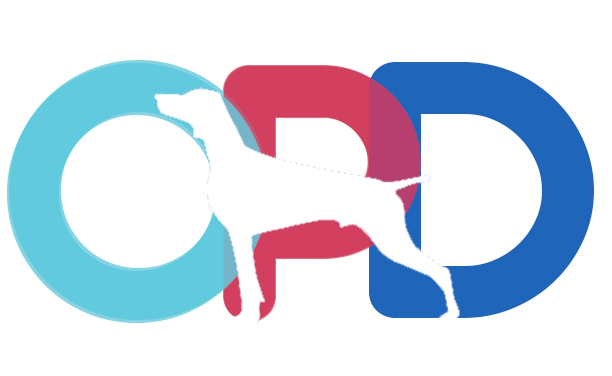by Lee
(Alabama, USA)
I’ve switched my two dogs to a vegan diet for ethical reasons and wanted advice. Specifically, one of them is digging and eating dirt and I’m concerned it might indicate a nutrient deficiency.
She’s an 8-year old jack russel terrier. She was on Nature’s Recipe vegetarian food (NR veg) for about 3 weeks (after a few weeks of combining the Merrick food with meat that she used to eat with NR veg to make the transition smoother) when she started digging.
The issue is a bit more complicated because she’s also had a number of positive effects from the vegan diet: Her allergies have drastically decreased, she’s more energetic, and she interacts more with the neighborhood dogs.
At the point when she started digging (which was about 2 weeks ago) I brought her to the vet and also started giving her Green Mush as a supplement. The vet examined her (no blood or urine test though) and said that by all accounts, she appears to be thriving and he wouldn’t worry about the digging. He fully supported the vegan diet too and said the Green Mush looked like a great product. That was about 2 1/2 weeks ago.
So she’s now been on the Green Mush for about 2 weeks (and 5 of Nature’s Recipe vegetarian) and is still digging and eating dirt at times (but otherwise appears great). Despite what the vet said, the timing between the dirt eating and the switch to a vegetarian diet just seems so striking that I’m a bit concerned and wondering what your thoughts are.
I’ve considered the following:
(a) no change – just give it more time;
(b) Temporarily switching her to 50% Merrick and 50% NR veg;
(c) giving her 50% Natural Balance Veg diet and 50% NR – this change would give her more variety. And
(d) giving her the NR veg food but occasionally giving her bully sticks. This option might sound very strange but my understanding is that bully sticks are the only high quality source of meat (rather than meat byproducts and rather than human grade meat like Merrick) that doesn’t involve killing additional animals. (The bull would be killed anyway for human food.)
I’d definitely feel somewhat conflicted about options B and D but I also would feel terrible if a major health problem developed as a result of A or C.
Thanks so much for your help!
Click here to go back to the Ask a Vet Online Library of questions.
Do you believe in holistic pet care? If so, please tell your friends about us at OrganicPetDigest.com. Thank you for supporting our efforts!

